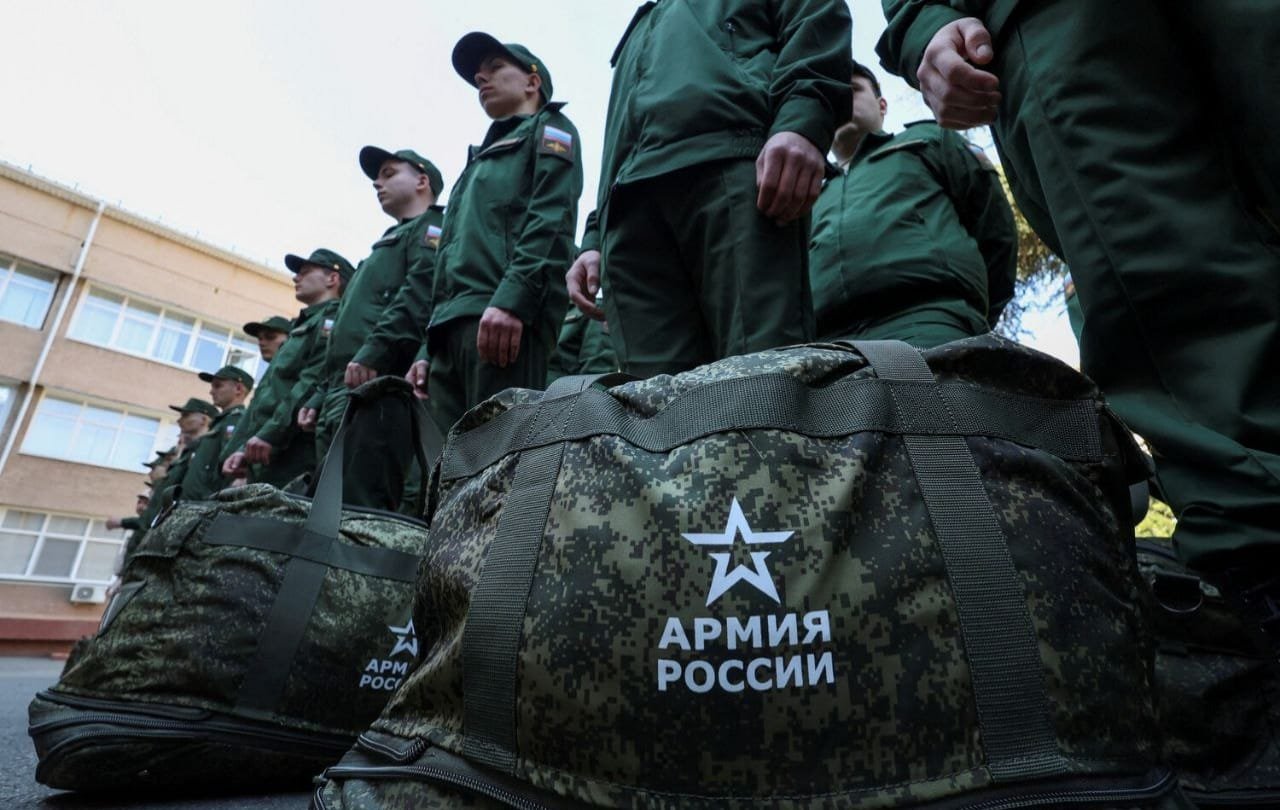Moscow — Russia is moving forward with legislation that would significantly expand the government’s ability to activate reservists, even in peacetime and abroad, under a new draft bill approved on October 13.
Currently, Russian reservists under contract can only be called up during wartime or formal mobilization. The proposed amendments would allow those in the mobilization human reserve—that is, citizens who have signed contracts to remain in reserve—to be engaged for “special assemblies,” a newly defined category of military duty in law. These special assemblies would allow reservists to perform defense‐related tasks during armed conflict, counter-terrorism operations, or in cases where Russian forces are deployed outside Russia.
Under the draft, these assemblies would have durations capped at two months, and reservists participating in them would receive additional cash payments. The decision to call up reservists under these special fees or assemblies would be made by presidential decree.
One prominent Russian legal voice, Igor Cherepanov, Deputy Chairman of the Board of the Russian Bar Association, has noted that these changes are strictly for those who have entered into reserve contracts—they would not apply to people who are simply in the reserve register but have not signed such contracts.
Supporters of the move, including Andrei Kartapolov, head of the State Duma Defense Committee, argue that the new wording is intentionally broad, allowing for more flexibility in deploying reserve forces without needing fresh legislation in each case. This covers deployment abroad, said Kartapolov, citing places like Sumy or Kharkiv—regions where active operations are ongoing though they lie outside formal Russian territory.
Critics warn the changes could blur legal boundaries between wartime and peacetime mobilization, raising concerns about accountability, oversight and the rights of reservists. The expansion reflects Moscow’s effort to institutionalize the use of reserve personnel in a wider set of circumstances, perhaps in recognition of ongoing operational demands abroad and internal security pressures.
As of now, the bill has passed the government’s legislative commission and would amend key laws including On Defense, On Military Duty and Military Service, and On the Status of Servicemen. Pending further legislative approval, the law would represent a major shift in how and when Russia can mobilize its human reserve.





